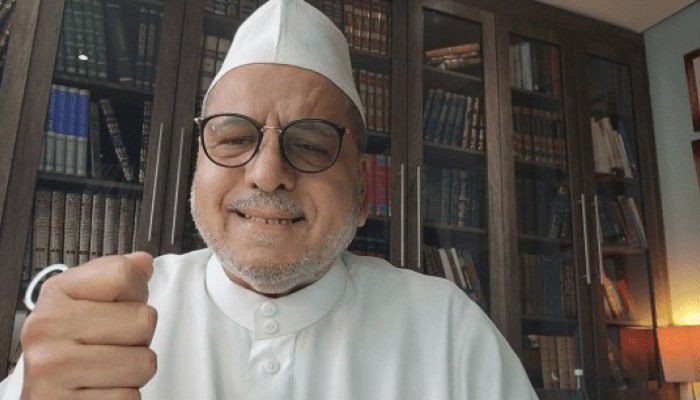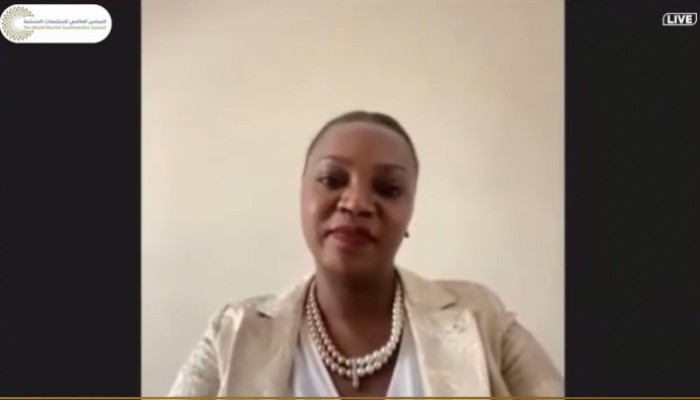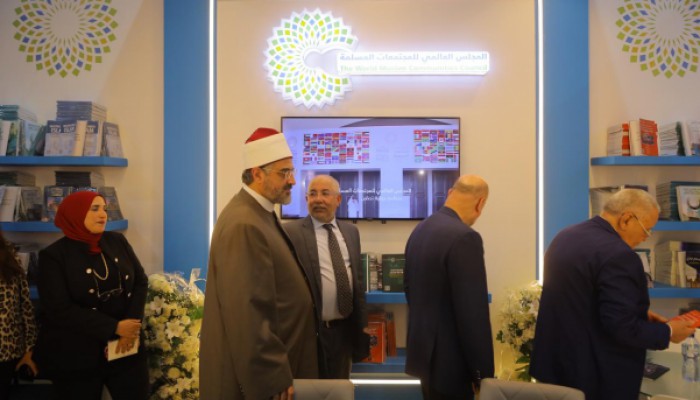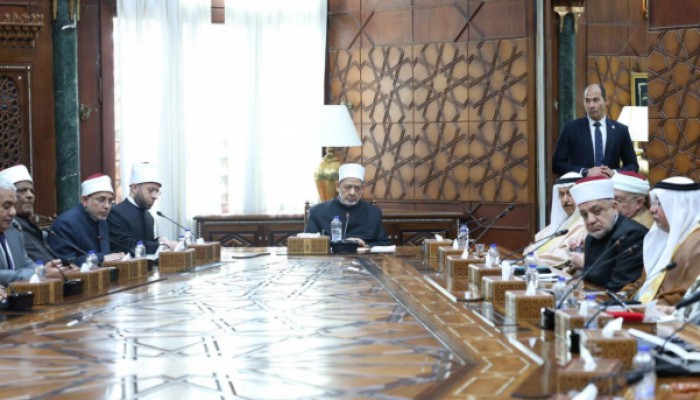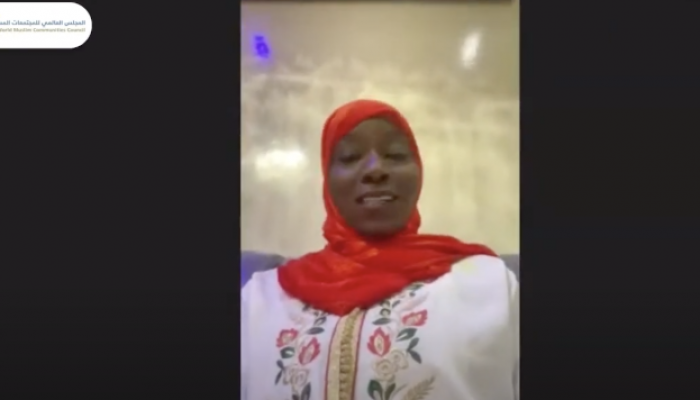
TWMCC Holds "The African Experience and its Challenges" Online Lecture
- 2025-May-19
The World Muslim Communities Council (TWMCC) held an online lecture, titled "The African Experience and its Challenges," presented by Adja Maguette, Professor of Arabic Language and Literature at Cheikh Anta Diop University in Dakar, within the Council's series of lectures.
During the lecture, Maguette focused on the reality of peaceful coexistence in Africa, particularly in the West African region, shedding light on the distorted image often portrayed by Western media about the continent.
She said that Allah Almighty created people different in gender, language, religion, and origin—diversity that reflects a divine law. She stressed that peace cannot be achieved without believing in coexistence despite these differences.
She highlighted West Africa as one of the regions most affected by wars, colonisation, and conflicts, praising Senegal as a rare exception. The country has not experienced political unrest or military coups, which reflects the depth of its culture of peaceful coexistence among its people.
She gave a vivid example of a shared cemetery in Senegal where Muslims and Christians are buried side by side—a powerful symbol of deep-rooted coexistence, especially given that Muslims make up around 95% of the population while Christians represent the minority.
She also discussed the legacy of Senegal’s late president Léopold Sédar Senghor, the first post-independence leader and a prominent Christian intellectual who was elected by a Muslim-majority population and led the country through 20 years of stability. This, she said, reflects Senegal's unique model of tolerance and coexistence.
She added that Senegal is home to various Islamic sects and schools of thought, yet social harmony prevails, in line with the Qur’anic principle: "The believers are but brothers, so make settlement between your brothers."
She cited Prophet Muhammad’s (peace be upon him) guidance on coexistence, recalling his respectful and humane treatment of non-Muslims in Medina, including his standing in respect during a Jewish funeral—affirming the sanctity of every human life.
She also touched on Senegalese traditions during Eid Al-Adha, noting that people in Senegal are keen to distribute sacrificial meat to both Muslims and non-Muslims equally, reflecting the deep-rooted values of generosity and compassion in society.
Despite its tribal diversity, Senegal enjoys visible harmony, she said, stressing the need to ignore hateful rhetoric sometimes spread on social media, which does not reflect Senegalese values or true religious teachings.
She underscored the key role of youth in promoting a culture of social peace, especially through their active participation in international forums aimed at promoting values of peace and coexistence and correcting the global media’s misrepresentation of Africa.
She concluded the lecture by highlighting the vital role of women in peacebuilding, describing them as the cornerstone of both family and society. As mothers, wives, sisters, and daughters, women act as mediators in spreading tolerance and resolving conflicts.
She noted that Senegalese women lead initiatives and seminars that foster peace across the continent, driven by a firm belief that peace is achieved not by words alone, but through action and lived practice.




